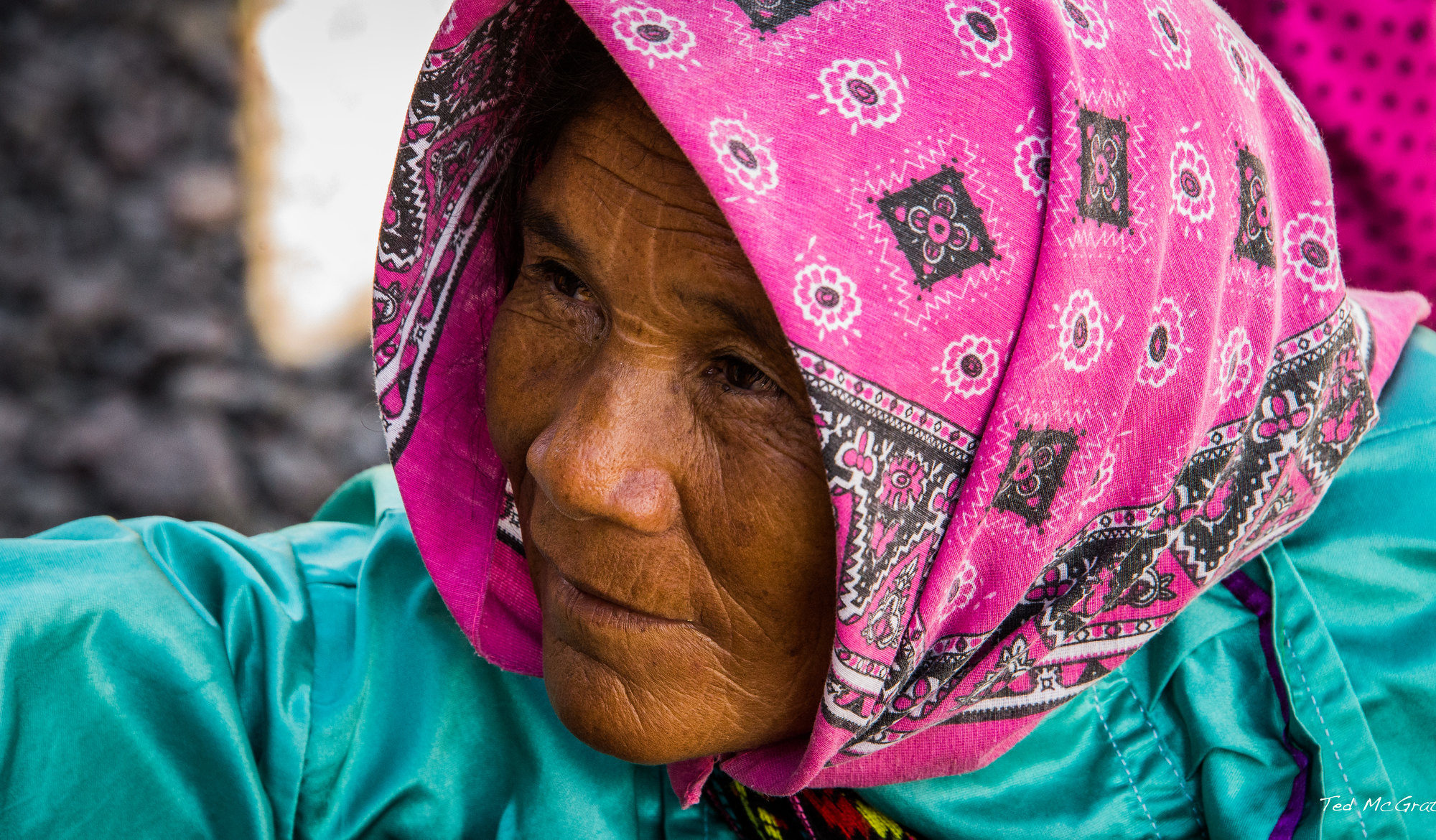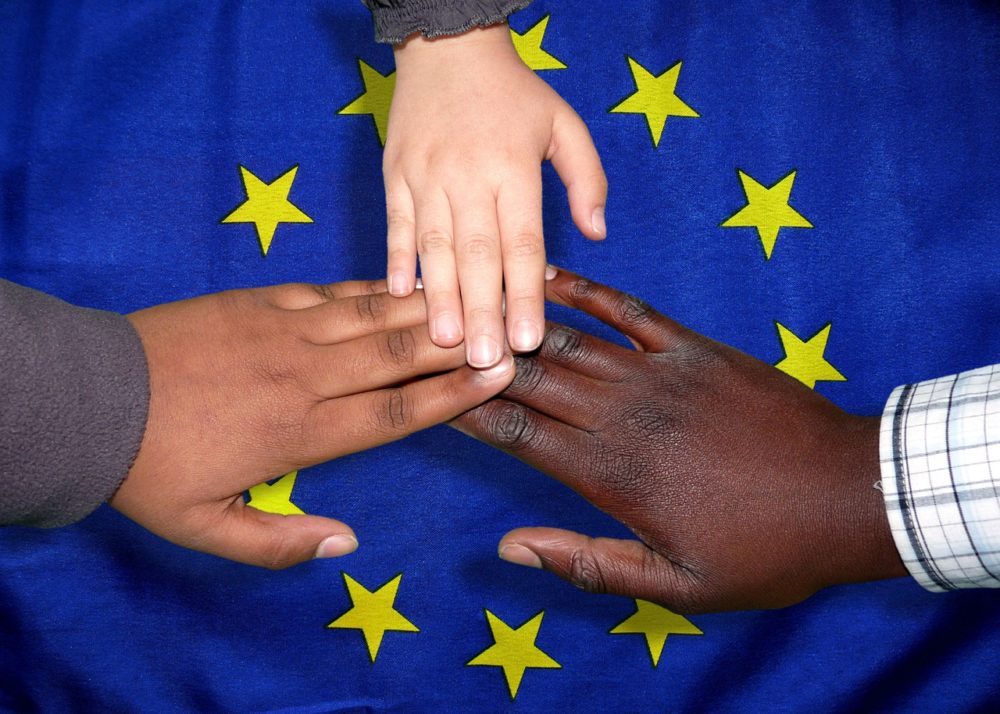by Vijay Kolinjivadi, Gert Van Hecken, Jennifer Casolo, Shazma Abdulla and Rut Elliot Blomqvist
The white gaze permeates many aspects of even the most critical disciplines. In this piece, we offer some thoughts on how we might reclaim what the university could be – a place that equips people with the knowledge they need to unlearn/unmake/dismantle the knowledge framings and worldviews that lend themselves to white supremacy and other forms of oppression more broadly. Continue reading “Towards a Non-Extractive and Care-Driven Academia”




